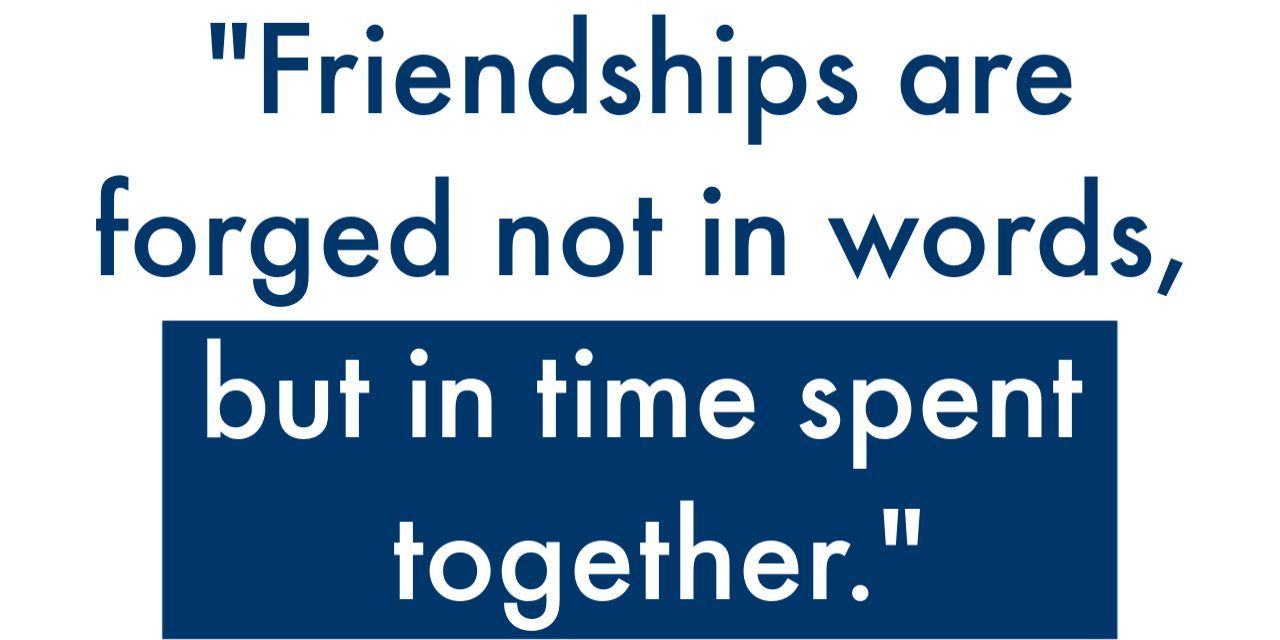
The Culture of Coffee
Written by Amy Schuett.
Friendships and Coffee
Steam rises from a mug of dark coffee in a room with dim lights and soft music. The aroma of roasting beans and caffeine fill the air, mingling with the murmur of conversation. There’s something about a cup of coffee that allows for friendship to begin and relationships to grow. The people in Northern Macedonia appreciate its charm to welcome the stranger, build relationships, and get to know their neighbors.
Macedonia is a small European country landlocked by Greece, Albania, Serbia, Kosovo, and Bulgaria. Many have read of Paul’s travels through Macedonia in Acts, and herald the country as a place of the early church where mighty disciples like Paul, Silas, and Timothy brought the Gospel of Jesus Christ. The country has developed and evolved dramatically since Paul’s day, moving into modernity while holding on to its rich history.
A Culture of Caring
Macedonian culture is characterized by a love to take care of others and a desire to get to know them. Daily life involves meeting people at the market, whether friend or stranger, and going back home to share a meal. Imagine walking up to the wrong house and knocking on the door, only to be invited in for a cup of coffee and conversation. Macedonians often have a special sensitivity to guests and foreigners, always wanting to make them feel welcome. Whomever may stop by, a pot of coffee is always at hand to encourage openness and invite friendship.
Also present in this culture is a deep desire to serve others. If someone stops to ask for directions, many Macedonians would rather give bad information than refuse to offer assistance. Others willingly stay up with each other for late nights after a long day’s work, sharing that beautifully warm and fragrant cup of coffee, exchanging stories, laughter, and friendship.
Opportunities to Share
Within Macedonian culture, there is an understanding that friendships are forged not in words, but in time spent together. Periods of silence are often welcome. It’s not about “what’s next” or “what are we doing;” rather, it’s about being with those around them. When sitting down for an afternoon or evening cup of coffee together, it’s expected to spend a long time together - two hours would be considered short!

Woven into the fabric of Macedonia is this: a willingness to love others and welcome them into their homes, an eagerness to serve the foreigners and strangers, and an ability to warmly share life with those around them. This love and openness naturally allows for Gospel conversation. Doors are open for Christ-followers to share the good news of Jesus Christ, let’s pray Macedonian hearts will be open too.
Additional Posts




